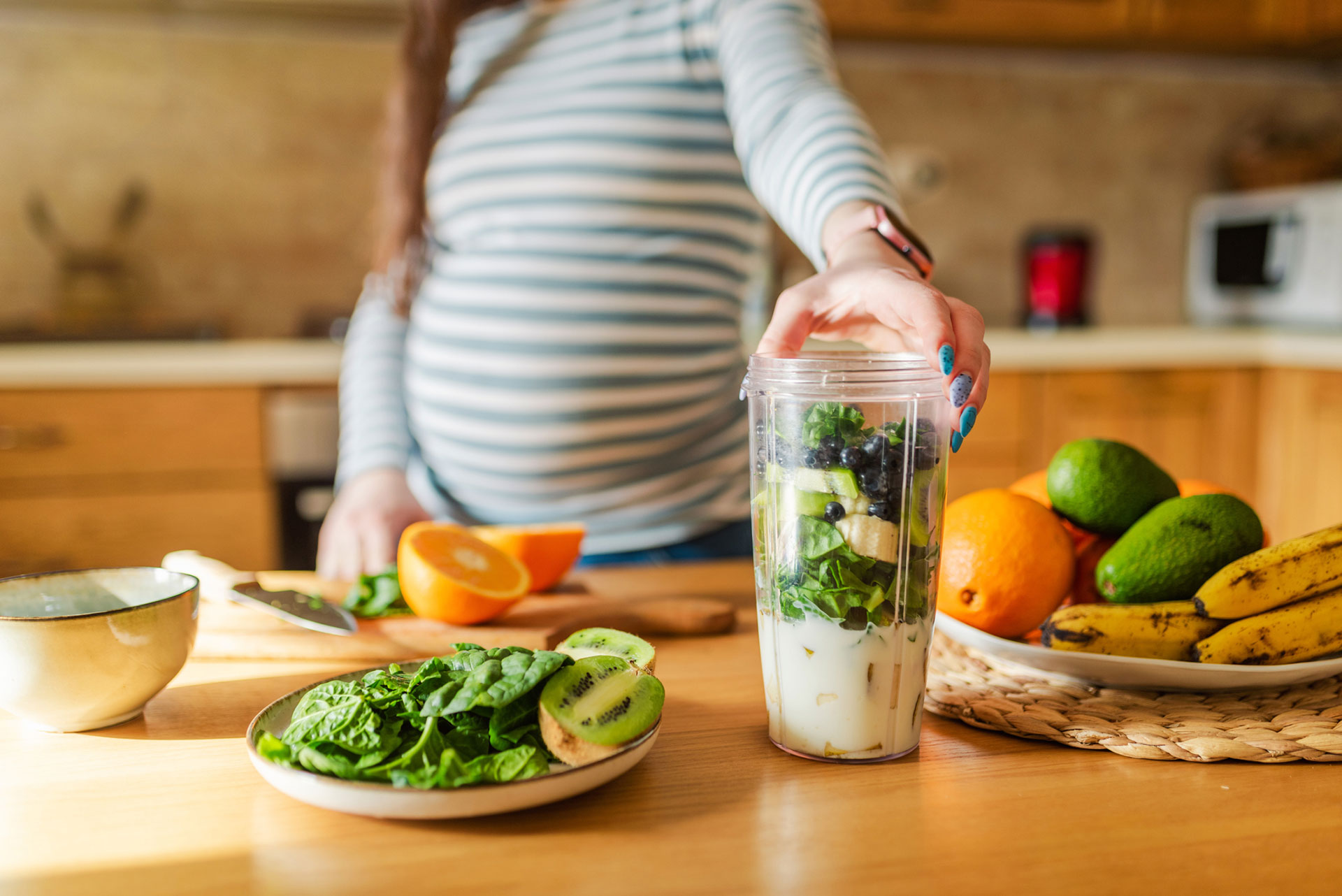Is your insulin level in check?
You might be thinking, “why does it matter?” or “I eat pretty healthily, I’m sure it’s fine”.
And, for many, it probably is in the right range. However, if you haven’t tested in a while, or you have PCOS (which impacts 1 in 10 women, btw), or if you have any of the following symptoms, I suggest you read on to find out how insulin levels can impact your fertility.
But first, let’s take a quick quiz and see how you stack up.
Answer Yes or NO to the following questions:
- Have been diagnosed with PCOS?
- Do you find it difficult to lose weight?
- If you gain weight, is it usually in the belly area?
- Are you tired in the afternoon or early evening?
- Is there a family history of diabetes or blood sugar issues?
- Do you have skin tags?
- Breakfast- do you skip this or any other meals throughout the day?
- Do you have increased thirst or excessive urination?
- Are you shaky or fatigued after meals?
- Do you experience food cravings specifically for starchy carbs and simple sugars?
- Have you experienced mood swings, especially if you haven’t eaten?
If you answered YES to 4 or more of the above symptoms, it is recommended that you speak with your primary physician as you might be showing some signs that your insulin needs some support. *See below for the specific blood labs I recommend asking your doctor for.
So, what is insulin?
Insulin is a hormone produced by the pancreas. One of its main jobs is to react to any sugar that is entering the body and move it into your cells to be used as energy. The more sugars (carbohydrates are broken down into sugar) you eat, the more insulin is produced. Over time, if we consume too many carbs our body can start to become resistant or stop responding to the constant demand for insulin. This, in turn, causes the pancreas to work even harder to pump out the required amount of insulin. When this happens too much sugar is left in the bloodstream which can negatively impact our fertility.
What insulin says about your fertility…
- Mismanaged blood sugar and insulin levels can impair progesterone production – an important hormone, especially in the luteal phase (aka the TWW) of a menstrual cycle. This hormone is partly responsible for creating a healthy uterine lining in anticipation of the implantation of an egg and helping to support early pregnancy.
- Elevated insulin levels can cause increased systemic inflammation. While inflammation in the short term is normal, studies suggest that long-term inflammation can play a role in implantation failure and recurrent miscarriage.
- For the 1 in 10 women who struggle with PCOS, insulin resistance is often a symptom of this frustrating condition. Mismanaged insulin levels can make other PCOS symptoms worse – like ovulation issues.
- An imbalance in blood sugars and insulin levels can cause weight gain – especially around the belly. This increased body fat increases inflammation and estrogen – which among other things can easily throw off the delicate balance ⚖️ between estrogen and progesterone. Additionally, research has already shown us that increased body fat can have a negative impact on our fertility potential.
5 Insulin Management Hacks
Getting blood sugars and insulin back under control can be simple for most people with some simple lifestyle modifications.
- Change the TYPE of carbohydrate you consume. Ditch white flour and sugars and opt for complex carbs such as beets, lentils, and brown rice. Foods that are no longer in their natural state (i.e. rice turned into rice pasta), tend to have a greater impact on our blood sugars.
- Reduce the total carbohydrate load you eat in a day. For some this will be really hard – carbs are easy to access, delicious, and for many are tied closely to emotions. However, instead of having a huge bowl of pasta? for dinner, have 1 cup topped with grilled chicken and tossed with tons of veggies. Reducing the quantity of carbs will give your body a much-needed break from producing excessive amounts of insulin.
- Deal with the stress. Did you know that stress causes our blood sugars to rise? Stress will create a surge of insulin. Of course, managing stress is easier said than done, but simply having the awareness that stress can impact blood sugars and insulin might be enough to encourage some changes.
- You don’t need to run a marathon or hit the gym daily to get the blood sugar and insulin-balancing benefits of movement. Fitting in exercise doesn’t need to be complicated, and exercise helps cells in your muscles take up more glucose to use for energy while lowering blood sugar. Regular exercise also makes cells more responsive to insulin and helps prevent resistance.
- Shift more of your energy consumption to protein and fat instead of carbs. These two powerhouse macronutrients have amazing blood sugar-balancing properties. They help you feel full and satisfied, keep cravings at bay, and have less of a blood sugar impact than carbs. I highly encourage you to consume protein and healthy plant-based fats at each meal along with plenty of non-starchy carbs to help get your sugars under control. Examples of quality protein include eggs, fish, poultry, lentils, beans, hemp hearts, and soy-based based foods on occasion, like GMO-free tofu. Examples of healthy plant-based fats include avocado, olive oil, unsweetened coconut, raw nuts, and seeds.
Get updated bloodwork
There is a lot you can do to support your fertility – happy and balanced hormones are one aspect of that. Knowing where you are starting from is a super important part of knowing what steps you will take next.
Getting your blood work checked is step #1. Book an appointment to speak with your healthcare provider to ask for bloodwork that includes the following: fasting glucose, fasting insulin, A1C, and HOMA-IR.
xo
MIchelle, RHN Registered Nutritionist




